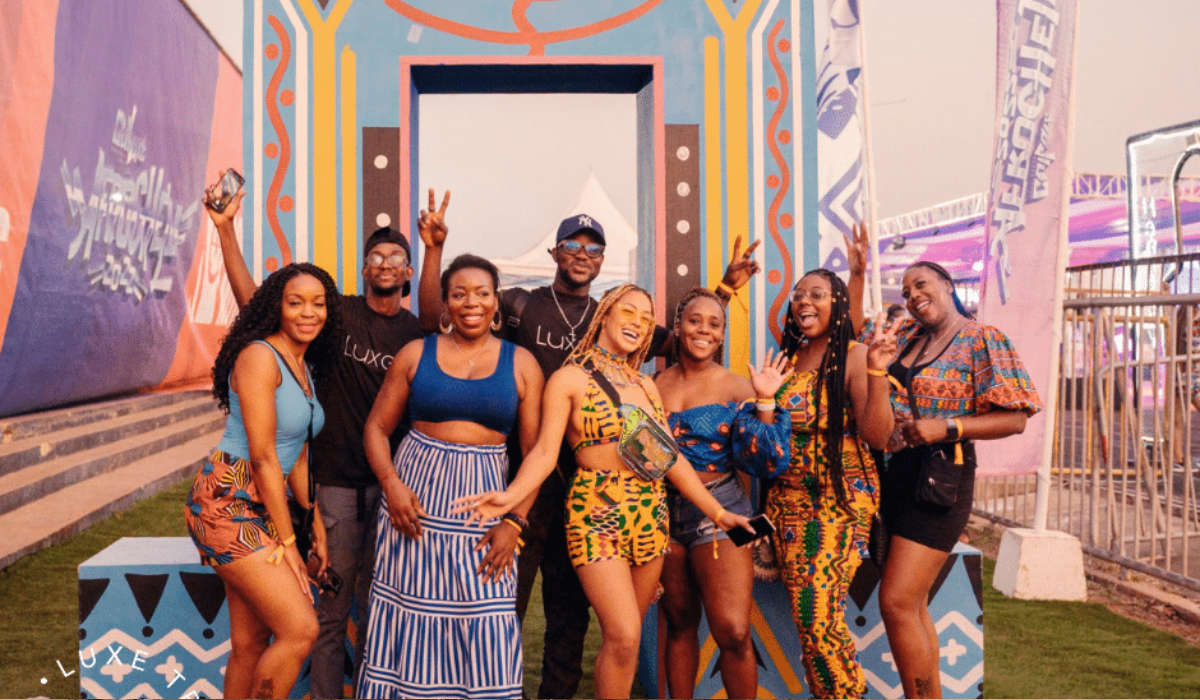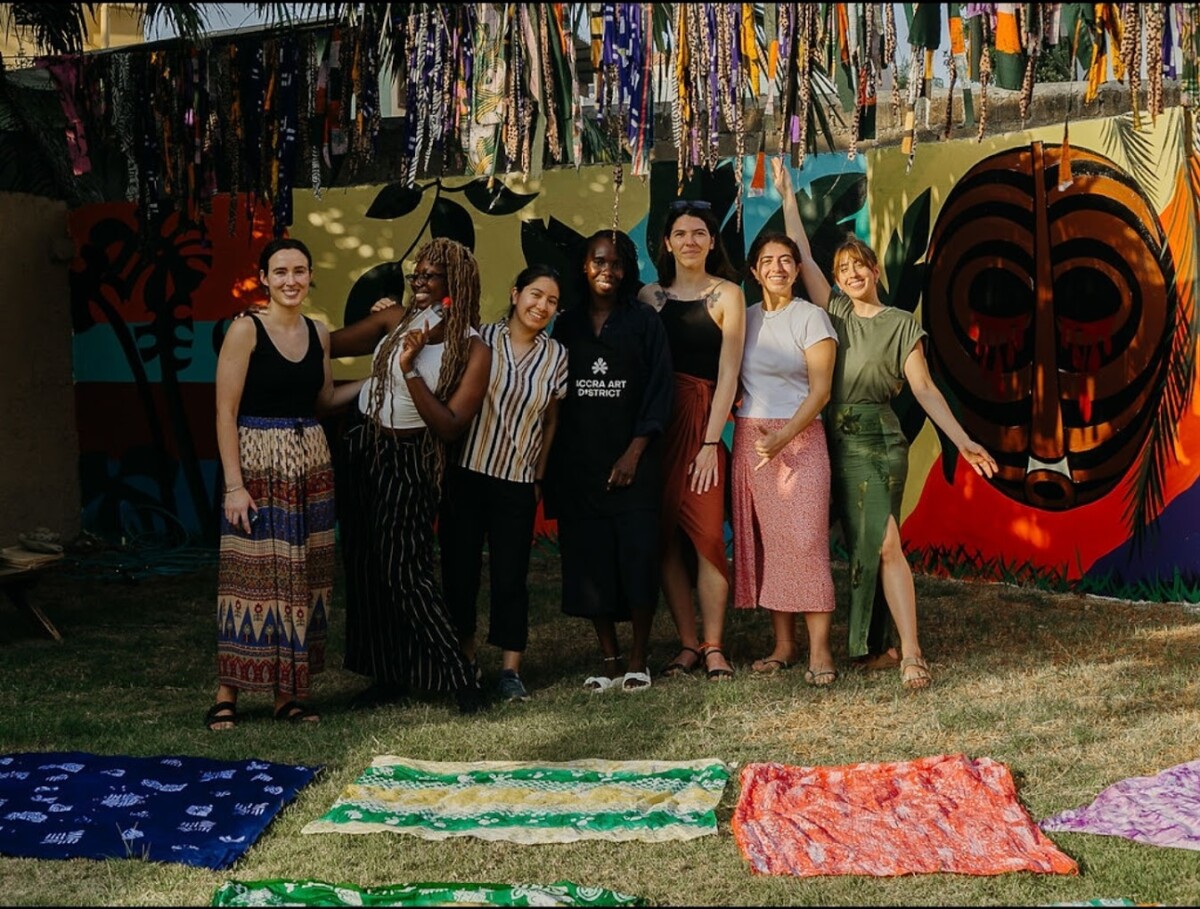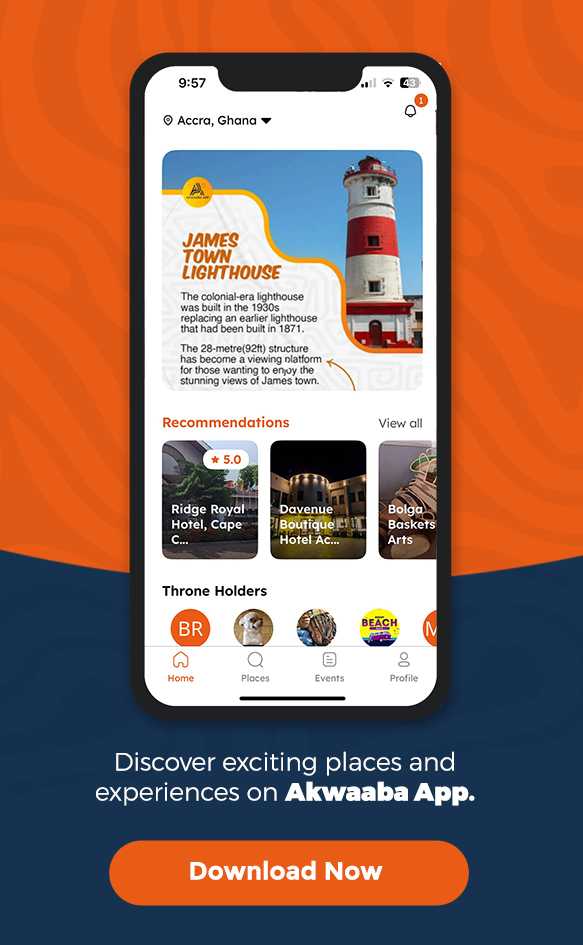Odwira is a festival celebrated by the people of Akropong-Akuapim, Aburi, Larteh and Mamfi in the Eastern Region. The festival incorporates various rituals, traditional music, dance, food, and feasting, promoting social cohesiveness and cultural identity. The festival strengthens community ties and reaffirms the legitimacy of Akan leadership in the political and social organization of the states.
Traditionally, the Odwira Festival is celebrated by the Akwamu ethnic group each year in September or October. You can enjoy the rich cultural tapestry of Ghana is highlighted in this remarkable festival that commemorates history, culture, and community renewal through the Akwaaba app.
When is the Odwira Festival celebrated?
Odwira Festival typically begins on a Monday and ends by the end of the week, usually lasting 5-7 days in total. Typically held in September or early October, the festival’s exact dates can vary slightly depending on the Akwamu community that hosts the celebration. It is a time of spiritual renewal and protection for the people. Also, the people of Jamestown in Accra celebrate it.
Here is A List of Festival in Ghana
The History and Significance of the Odwira Festival
The Akuapem Odwira Festival was established by the 19th Okuapimhene of Akropong, Nana Addo Dankwa I (1811-1835) and was first celebrated in October 1826. The festival holds deep historical and spiritual significance, commemorating the victory of the Akuapem people over the formidable Ashanti army in the historic Battle of Katamansu near Dodowa in 1826. It is also a time of purification, where the people cleanse themselves spiritually and seek protection from their gods.
Odwira is a period of spiritual renewal, where the people of Okuapeman and all who participate present themselves afresh and pray for divine guidance. Traditionally, the festival aligns with the harvest season, a time of agricultural abundance. As a Yam Festival, it is especially dedicated to expressing gratitude for the harvest through rituals such as “feeding the ancestors.”
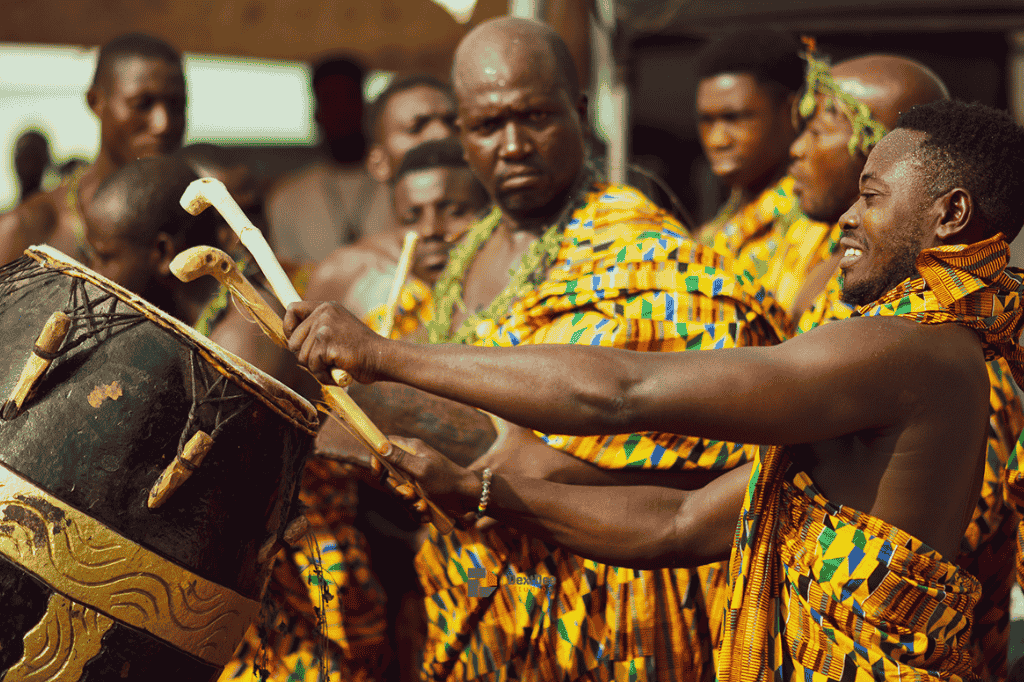
One of the key traditions of the festival is the preparation of bowls of mashed yam, some mixed with palm oil and others left plain. These offerings, prepared by the Okuapehene and other royal figures, are carried in procession from the Ahemfi (palace) to Nsorem, where they are presented to the ancestors as a sacred tribute.
Importance of Odwira Festival
As a cultural event of profound significance to the Akwamu people, the Odwira Festival transcends simple cultural celebrations. The most important aspects of this celebration are as follows:
- Historical Reflection: It preserves the collective memory and ancestral stories of the Akwamu people by commemorating their historical struggles and triumphs.
- Community Renewal: This time of spiritual and social rejuvenation allows communities to cleanse themselves of negativity and start over.
- Cultural Identity Preservation: The festival ensures that younger generations remain connected to their cultural roots through traditional performances, rituals, and ceremonies.
- Social harmony: A key aspect of the festival is that it brings community members together, strengthening social ties and promoting unity among the Akwamu community as a whole.
- Spiritual purification: During the festival, religious and traditional rituals are performed to purify the community and seek blessings from the ancestral spirits.
Daily Activities During the Odwira Festival
Certain activities are forbidden six weeks before the festival, and violators face severe fines or punishments. The prohibitions include loud music, drumming, whistling after dark, and most importantly, yam consumption.
The Odwira Festival lasts six days, starting on Monday and culminating on Sunday. Each day has its significance and purpose. Akwamu’s vibrant traditions highlight the people’s rich cultural heritage throughout the week.
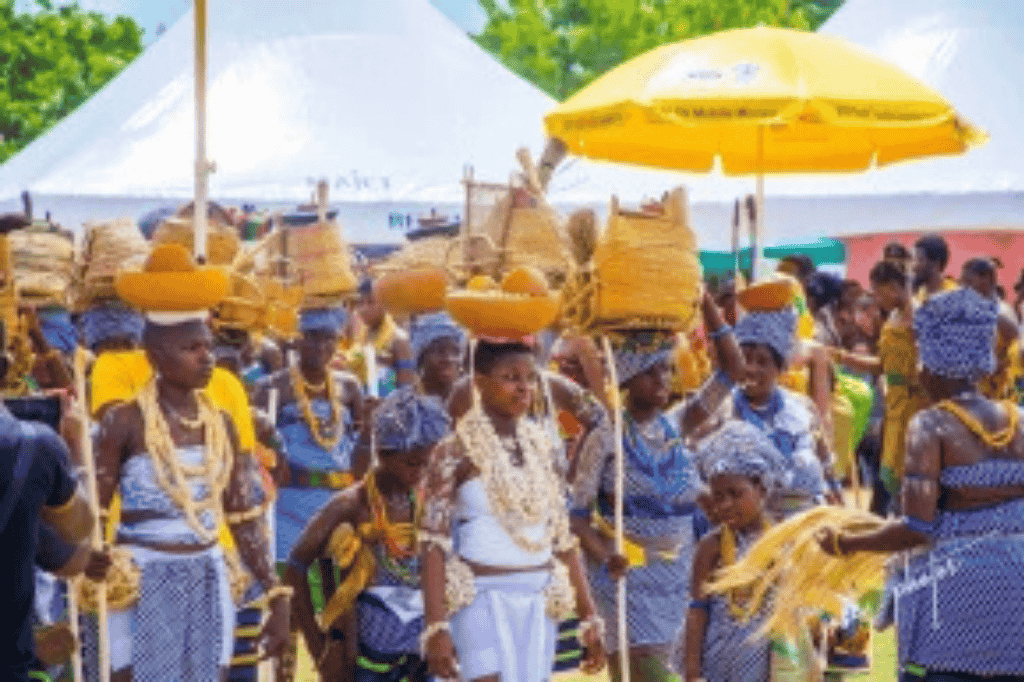
Monday: The Opening Rituals
Odwira Festival officially begins on Monday with the clearing of the path from Akropong to the Royal Mausoleum. This sacred task is performed by the State Executioners (Abrafo) under the direction of their chief, the Adumhene. It symbolizes the preparation for the ancestors to attend the festivities.
Tuesday: Gratitude to the Ancestors
Before the festival begins, men from the royal family visit the sacred cemetery to ask their ancestors for permission. They returned to the village, accompanied by the Abrafo, firing gunshots and chanting as villagers cheered. After that, the chief is notified that the festival may continue. With this decision, restrictions on yam consumption have been lifted. A joyous celebration accompanies the splitting of the New Yam on this day.
A highlight of the day is the Yam Contest, where the town’s strongest men compete to seize yams and take them home to cook. The contest continues until all six yams are taken, one at a time. An exciting event, this competition determines who is the strongest man in the village and adds excitement and spectacle to the festivities.
Wednesday: A Day of Mourning
The day is dedicated to mourning ancestors and honouring deceased loved ones. It is also the day for burying those who died during the ban. Traditionally, people in Ghana wear red, black, or both during this solemn occasion.
Families observe fasts throughout the day in memory of their deceased relatives. The atmosphere is filled with wailing, drumming, and communal grieving.
Thursday: Feasting and Offerings
Thursday is a day for feasting and gift-exchanging. Gifts are presented as a sign of respect and goodwill to the chief and queen’s mother by many people. It is tradition for royal families to prepare mashed yams with eggs, which are carried to a shrine as an offering to the ancestors. The women, who seem intoxicated or in a trance, balance the food on their heads as men guide them through the streets. According to some, their staggering and unpredictable movements indicate ancestral possession. A variety of culinary activities are also part of the day, including cooking and eating competitions.
Friday: The Grand Durbar and Celebration
Friday is the climax of the festival when the Grand Durbar takes place. Visitors from all over Ghana attend this grand event, which attracts dignitaries, chiefs, and queen mothers.
It is traditional for the Okuapimhene (paramount chief) and queen mother to wear elaborate gold jewellery as they wear their full regalia. They dance mid-air on a palanquin as drums beat, songs echo, and the crowd cheers. Abrafo, with their fierce appearance, adds to the excitement by firing guns.
The chief is escorted to the durbar grounds, where he receives homage from sub-chiefs, queen mothers, and distinguished guests. The celebration continues late into the night with more music, dancing, and rituals.
Saturday & Sunday: Closing Festivities
There are no major events scheduled during the final two days of the festival. After a week of intense celebration, the community winds down with informal activities such as soccer matches, board games, and other social gatherings.
Practical Tips for Festival Visitors
- Respect local customs and traditions
- Maintain modesty and appropriate attire
- Don’t take pictures without permission
- Be open to learning about the culture
- Interact respectfully with the local community
Final Words:
As a cultural celebration, the Odwira Festival is a testament to the enduring spirit of the Akwamu. It continues to serve as a powerful symbol of cultural pride and resilience by preserving traditions, celebrating history, and fostering community connections. Get the Akwaaba app today to explore Ghana’s most vibrant cultural celebrations!
Frequently Asked Questions (FAQs):
How long is the Odwira Festival typically celebrated?
Odwira Festival usually lasts 5-7 days, starting on a Monday and ending by the end of the week. There are a variety of cultural activities and ceremonies taking place each day.
Which group celebrates the Odwira Festival?
Odwira Festival is celebrated primarily by the Akwamu ethnic group of Ghana, a traditional community with a rich historical background.
What are the main purposes of the Odwira Festival?
This festival serves multiple purposes to the Akwamu people, including historical remembrance, community renewal, cultural identity preservation, social inclusion, and spiritual cleansing.
Can tourists and visitors participate in the Odwira Festival?
There is a deep sense of tradition at the festival, but respectful visitors are often welcome. The Akwaaba app can assist travellers in understanding local customs and finding appropriate ways to participate in the celebration.
What time of year does the Odwira Festival take place?
Odwira Festivals are typically held in September or early October, though specific dates vary slightly according to the Akwamu community that is hosting the event.


